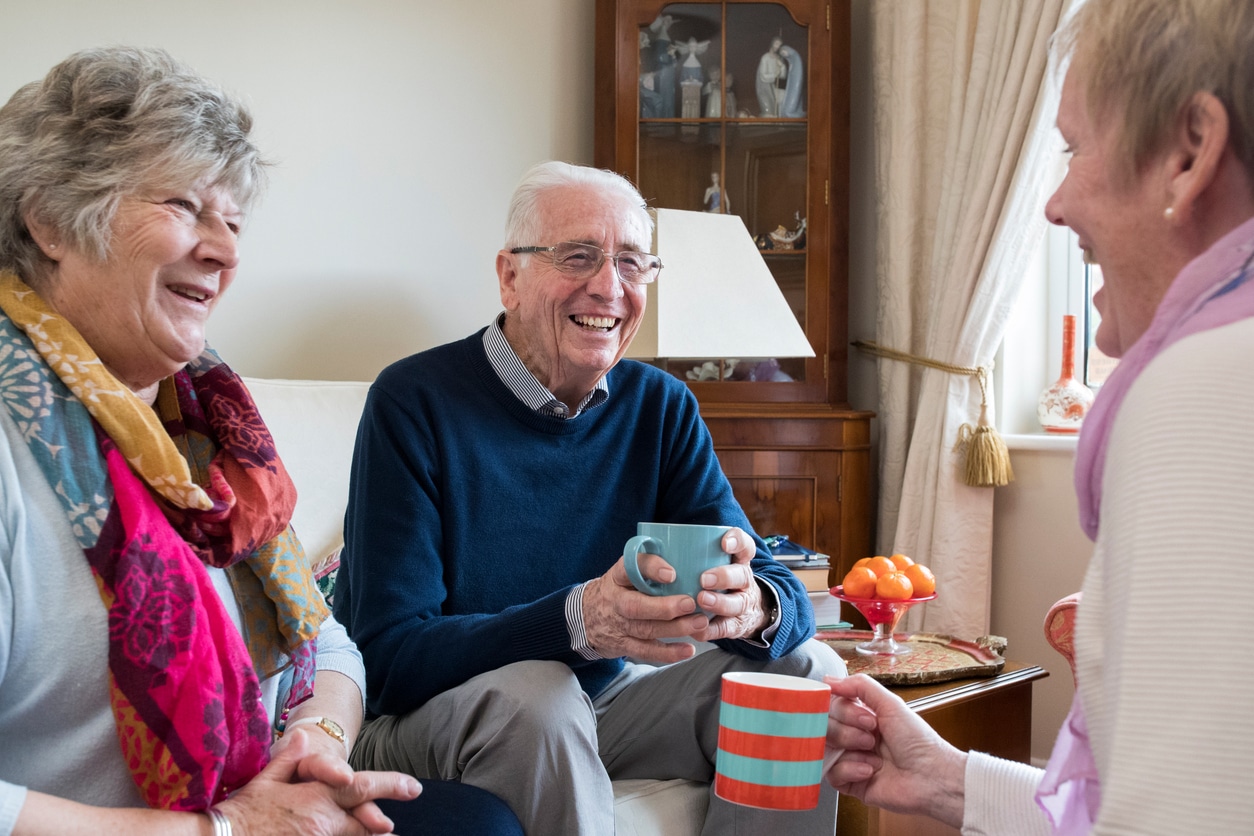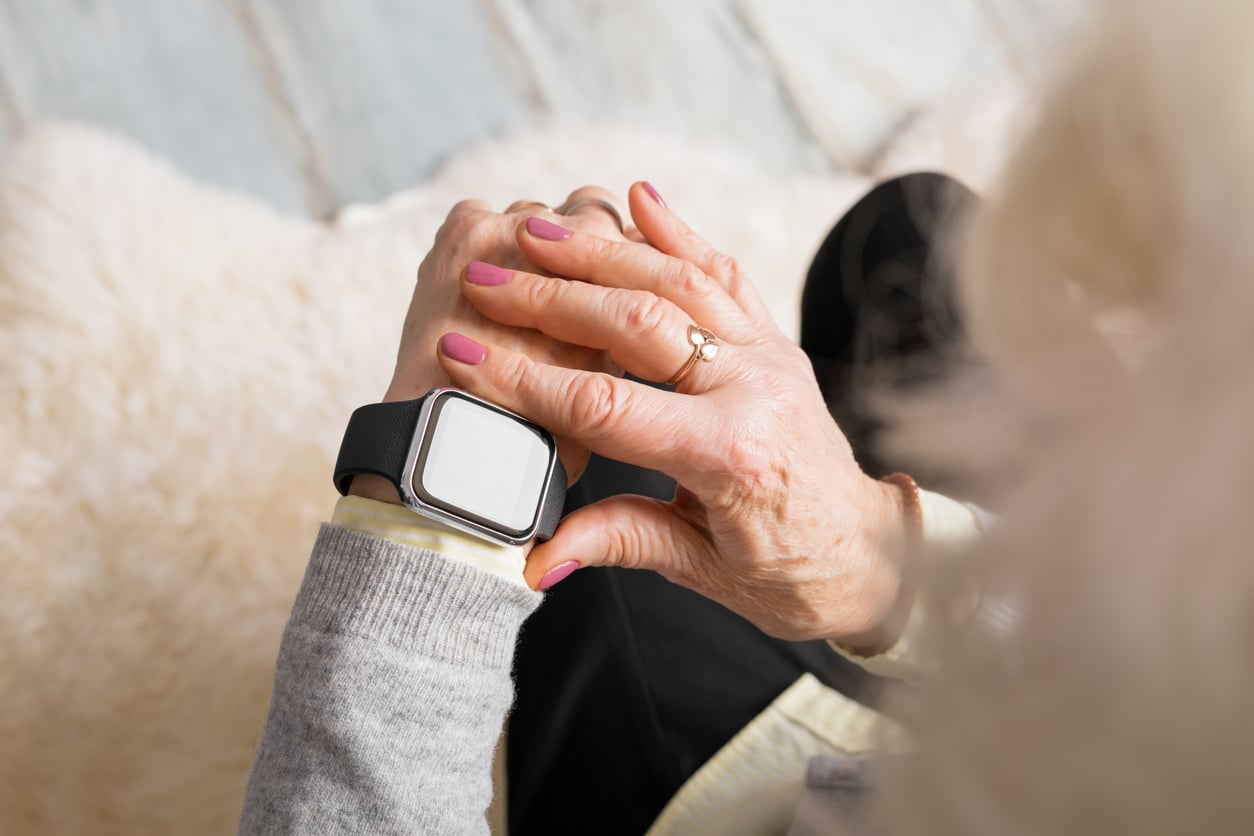If you’re worried about developing high blood pressure (hypertension) or you’ve already been diagnosed with this condition, you may be wondering what symptoms to watch out for.
“While the symptoms described here may indicate a high blood pressure crisis, it’s also very important to understand that a person’s blood pressure can be dangerously high and yet there are no symptoms at all,” notes retired emergency physician Ben Hippen. “This is why high blood pressure is sometimes called the ‘silent killer’.”
For this reason, it’s important to monitor your blood pressure often. When you’re at your doctor’s office, or even at the pharmacy, take a few minutes to stick your arm in the cuff and get a reading. If you can afford it and will actually use it, a home blood pressure monitor is a worthwhile investment.
What is high blood pressure?
Your blood pressure refers to the pressure of blood within your arteries, which carries blood around your body to vital organs. It is normal for your blood pressure to fluctuate throughout the day, but when it consistently remains high, you should seek medical advice, as this can lead to serious issues such as heart attacks, strokes and kidney failure.
When you get a blood pressure reading, you will get top systolic blood pressure and bottom diastolic blood pressure numbers. Your systolic blood pressure is the highest level your blood pressure hits as blood is pumped around your body, and is an important indication of your risk of heart attack or stroke, while your diastolic blood pressure is the lowest level it reaches between your heartbeats.
Normal blood pressure should be no more than 140/90 mmHg. A systolic reading of between 140-180 mmHg and a diastolic reading of between 90-110 mmHg could indicate possible hypertension, whereas a systolic reading higher than 180 mmHg and diastolic reading higher than 110mmHg indicates severe hypertension1.
What causes high blood pressure?
High blood pressure causes may be related to a variety of factors, such as diet and lifestyle, although an exact explanation cannot always be determined. Consuming too much salt, not exercising regularly, smoking and drinking to excess can all be causes of high blood pressure.
Some individuals may be at an increased risk of high blood pressure. This includes smokers, those with long-term sleep deprivation and those with a family history of high blood pressure. Individuals from an African or Caribbean origin also have a higher risk of developing hypertension, as do older individuals as the risk increases as you age.
What are the symptoms of high blood pressure?
Below are some common symptoms that a person with high blood pressure should never ignore. If you know that you have hypertension and you develop any of these high blood pressure symptoms, you should seek medical care immediately.
1. Chest pain
Chest pain should always be taken seriously, whether or not you suspect that you have high blood pressure. Any chest pain should be evaluated, whether it’s agonizing and crushing or mild and intermittent. Never assume that chest pain is simply heartburn or indigestion; pain in the chest can be an indication of many different serious conditions. If you experience chest pain and nothing serious is found after an emergency department evaluation, your doctor will discuss with you what to do if the discomfort continues.
2. “Pounding” in your ears
If you have a sensation of pulsing or pounding in your ears when you haven’t been exercising vigorously, this could indicate an elevated blood pressure. It could also be related to drinking too much caffeine, so try cutting back on the coffee and soda. Anxiety can have the same effect, so try meditation or a relaxing activity to see if the pounding sensation resolves.
3. Change in mental status
This can be a difficult symptom to deal with because when we become confused we may not be able to respond with appropriate judgment. It’s important that people who are usually around you are able to recognize the signs of changes in mental status: muddled thinking, changes in speech, unusual behavior and even simply reduced activity. There are many other possible causes for this symptom besides hypertension, including stroke or possibly an unreported head injury, so always seek medical attention if you experience changes in consciousness. Make sure that family members and caregivers know what to watch for, and know that any sign of quickly changing mental status is an emergency that requires immediate medical response.
4. Severe headache
If you know that you have high blood pressure and you experience a sudden, severe headache, seek care immediately — especially if you have no prior history of headaches or if your current headache feels different from those you’ve had in the past. Headaches are complicated; there are numerous possible causes including things like caffeine withdrawal, sinus congestion, and tension and stress. Anyone with no prior history of headaches who suddenly experiences a severe headache should get medical consultation immediately.
5. Changes in vision
High blood pressure can affect the blood vessels leading to and within the eyes. If you have a sudden change in vision — blindness, loss of vision in one eye, changes in part of your field of vision, or perhaps something more subtle — seek medical attention immediately. If a high blood pressure crisis is the reason, doctors will treat you with medicine to reduce your blood pressure and protect your vision.
6. Nosebleeds
If you’re having problems with frequent nosebleeds that are hard to stop, hypertension may be the culprit. Another possible cause for nosebleeds is an irritation of your nasal lining. Consider whether you’ve recently had seasonal allergies and have been blowing your nose frequently, or if you’ve recently moved to a very dry climate — nosebleeds can occur more frequently when the nasal passages are excessively dry. If you’re on any medications that thin the blood, such as Coumadin or daily doses of aspirin, notify your doctor for further instructions.
7. Nausea or vomiting
A high blood pressure crisis can cause nausea and even vomiting. If you suddenly start feeling nauseated or start vomiting and there doesn’t seem to be an obvious cause, seek medical attention. Like chest pain and headaches, it’s important not to simply assume that you know what’s causing it. A clinic or emergency department will check your blood pressure and evaluate your symptoms in order to begin any treatment that’s indicated.
Some people may have a tendency to ignore or deny hypertension symptoms because they don’t want to go to the doctor or the emergency room, they don’t want to admit the possibility of being ill, or they don’t understand the seriousness.
A key part of healthy aging is communicating health concerns to your doctor or nurse. That includes getting immediate attention to and treatment for potential symptoms of a high blood pressure crisis.
Don’t disregard professional medical advice, or delay seeking it, because of what you read here. This information is not intended as a substitute for professional consultation, diagnosis or treatment; it is provided “as is” without any representations or warranties, express or implied. Always consult a healthcare provider if you have specific questions about any medical matter, and seek professional attention immediately if you think you or someone in your care may be suffering from a health condition.
Sources:
1. “Blood Pressure UK (BPUK) Frequently Asked Questions” (http://www.bloodpressureuk.org/resources/frequently-asked-questions/#d.en.819799)




